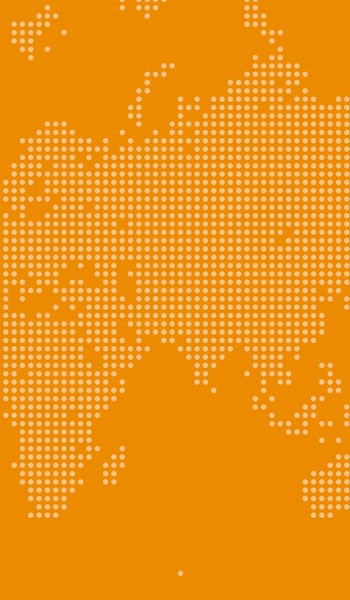Europe
The Royal Society works with various academies, funding agencies, scientists, and governments across Europe. Following the agreement between the UK and the European Union (EU) for UK association to Horizon Europe and Copernicus programmes, the Royal Society will continue to promote the value of UK science across Europe and create opportunities that can bring together UK and European researchers to work together.
The Society is a member of the European Academies Science Advisory Council (EASAC), a forum for national science academies across Europe, and All European Academies (ALLEA), a forum for science and humanities academies in the Council of Europe region. We contribute to reports and statements published by both organisations and engage with European policymakers on issues affecting science in Europe.
Examples of our scientific engagement with France and Germany include the following:
The Royal Society collaborates with Académie des sciences, the French national science academy, on scientific advice for G7 heads of government. The Society and Académie des sciences also hold joint scientific lectures that bring together researchers from both the UK and France. The Académie des sciences also supports the Royal Society Milner Award for outstanding achievement in computer science by a European researcher.
The Royal Society and the Collège de France have agreed to the development of a series of joint face to face UK-France science lectures. The first was hosted at the Collège de France in early 2024 and the second at the Royal Society in autumn 2024.
The Royal Society has held several meetings, discussions, and engagements with the Centre National de la Recherche Scientifique on scientific areas of mutual interest. In 2020, an interactive event organised by the Royal Society, the Centre National de la Recherche Scientifique, and the Max Planck Society outlined the opportunities for European collaboration in the field of AI, and explored the potential for Europe to be an attractive and leading research destination for AI.
The Society collaborates with the Leopoldina, the German national science academy, on scientific advice for G7 heads of government. In June 2015, the Society worked with the other G7 science academies on three statements that were sent to heads of government in advance of the G7 summit in Germany on: antibiotics, tropical diseases, and the future of the world’s oceans. In 2017, the Royal Society, the Berlin-Brandenburgische Akademie der Wissenschaften and the Leopoldina published a joint statement emphasising their commitment to ensure that science remains open to the world, to support and promote excellent science and to the continued scientific collaboration between the UK and Germany in this time of change. The Leopoldina also supports the Royal Society Milner Award for outstanding achievement in computer science by a European researcher. Furthermore, the Society has held several Frontiers of Science meetings in Germany with the support of the Alexander von Humboldt Foundation.




